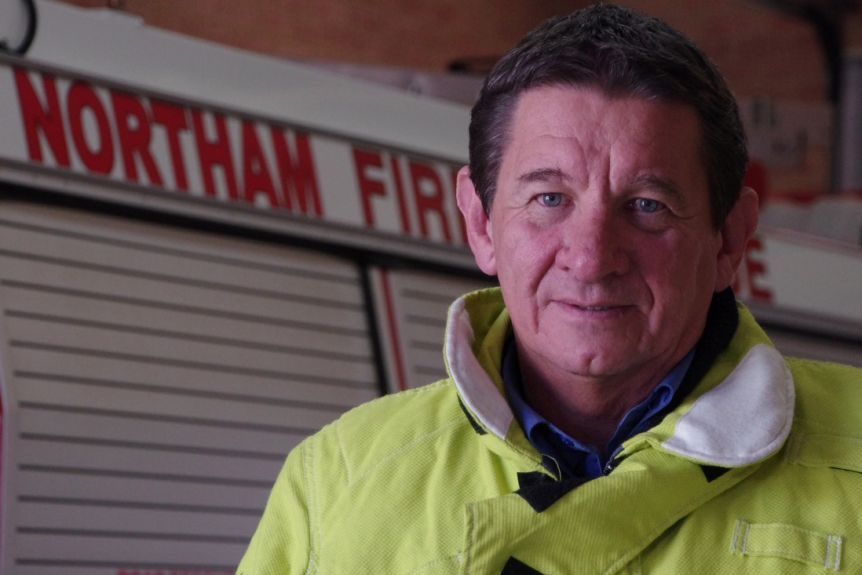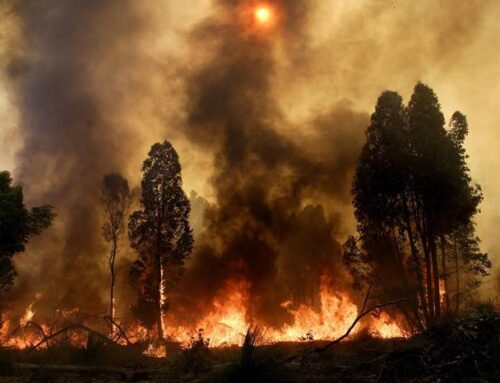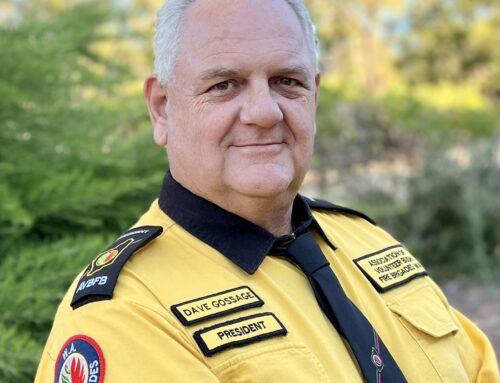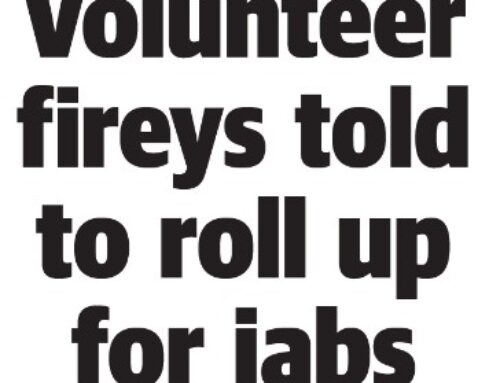Key points:
- Nationals MP Terry Redman says the restrictions detailed in the code are a “gag order” on volunteers
- One veteran volunteer bushfire fighter is concerned skilled and eager volunteers would “slowly walk away from volunteerism”
- DFES Commissioner Klemm says volunteers are encouraged to engage with local members of parliament
Emergency Volunteer Associations representing thousands of West Australians say they are being forced to sign a Department of Fire and Emergency Services (DFES) Code of Conduct which says they must not contact, or communicate with any Federal or State members of Parliament regarding Departmental business.
The clause, embedded in a section within the Code of Conduct called Communication and Official Information, tells volunteers:
“DFES members are obliged to maintain appropriate confidentiality about dealings we may have in the course of our work including the use and disclosure of private and official information.”
The Code of Conduct was circulated late last month and sparked a reaction from volunteers to their local MPs, prompting questions in the WA Parliament Lower House from Nationals MP Terry Redman.
He told Emergency Service Minister Fran Logan the new restrictions were a “gag order” on the volunteers who served in the Volunteer Marine Rescue, the Volunteer Fire and Rescue, the Volunteer Fire and Emergency and the State Emergency Services.
Ms Logan rejected the assertion saying: “Even though they are volunteers they are still part of the state apparatus and the Fire and Emergency Services Commissioner himself would like to know [their concerns]”.
Mr Redman told the ABC he had received calls from volunteers worried that if they signed the compulsory Code Of Conduct that they would not be able to take issues of safety to their elected representatives, but would be forced to only speak to DFES staff about their concerns.
“Volunteer organisations, the associations, are very concerned, because they actually get funded by government, that they might lose that funding if they are spoken about these issues,” he said.
“A number of them said to me, ‘I’d love to talk about this, but I’m not going to’.
“But it’s up to us, it’s up to Parliament, it’s up to the people in WA that know the value of volunteers in our community and know the value of them giving us feedback through appropriate channels.”
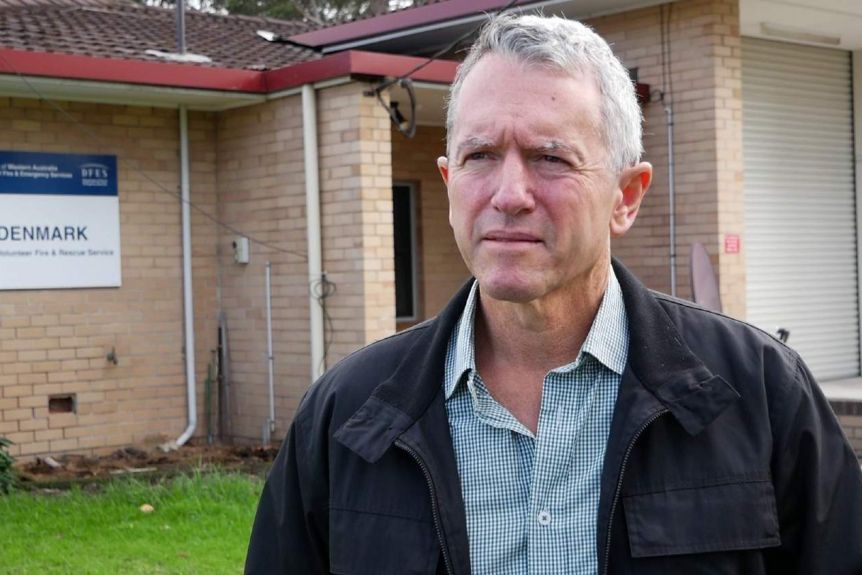
Terry Redman at the Denmark DFES Volunteer Fire and Rescue station.(ABC News: Mark Bennett)
‘Creating discussion’
Not all emergency service volunteer associations — which represent 7,000 unpaid West Australian emergency volunteers — have a problem with the restrictions.
The president of the Volunteer Fire and Rescue Association, Paul du Boulay, said some of his members had concerns about the wording in the Code.
“It’s creating a bit of discussion, but I think we’ve been doing that anyway, but people haven’t been recognising it,” he said.
The president of the Volunteer Marine Rescue Service, Jeff Howe, said he would hold private discussions with the DFES Commissioner, Darren Klemm, about the Code, and would not comment to the media at this stage.
But the president of the State Emergency Service Volunteers Association, Greg Cook, said he would be working with the Commissioner to gain a clearer understanding and some clarity from the department.
“The issues that have been raised with this point is more one of communication,” Mr Cook said.
“In other words, there’s confusion in regards to the direction and what it means.
‘A dangerous thing’
But veteran volunteer bushfire fighter Ian Osborne was concerned the strict Code issued by DFES would affect volunteering numbers across the services.
“It strikes at the heart of the parliamentary representative democracy system where free citizens are being told that they’re not able to contact their elected representative,” he said.
“I think that’s, broadly speaking, a very dangerous thing.
“But the whole culture of top-down instruction issuing is damaging to rural communities broadly.
“There are other volunteer organisations, sea rescues for example, that are going to be directly impacted by this.
Privacy as priority
Another instruction in the Code addressed volunteers communicating with MPs:
“Volunteers must not contact or communicate with any Federal or State members of Parliament regarding departmental business.”
Commissioner Klemm clarified the clause.
“We encourage volunteers to engage with their local members, just as we encourage our local members to engage with their local volunteer brigades, groups and units,” Commissioner Klemm said.
He cited privacy for individuals and the organisation as being a priority.
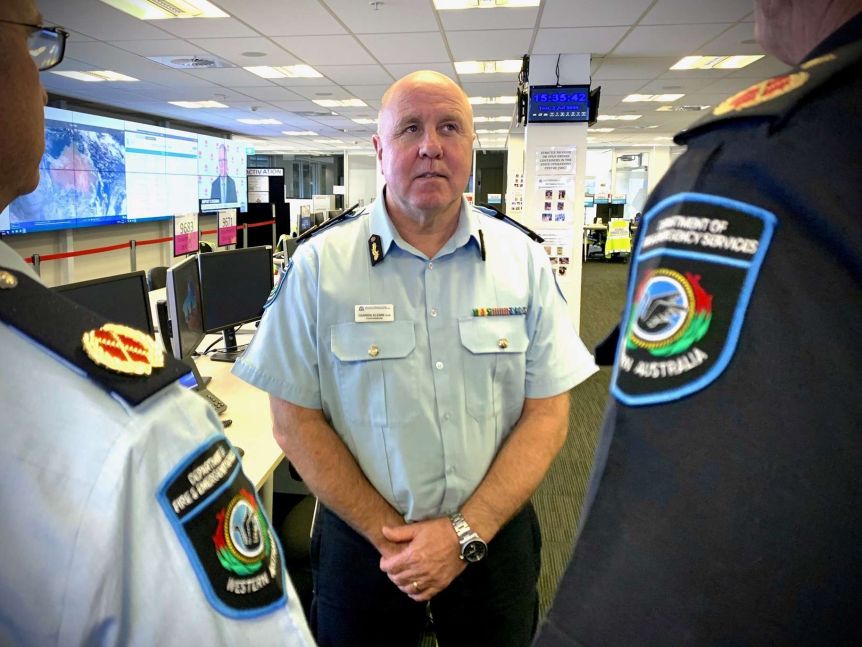
DFES Commissioner Darren Klemm says respecting the privacy of people involved in emergencies is priority.(ABC News: Phil Hemingway)
“It’s important that people’s privacy is respected,” Commissioner Klemm said.
“Our volunteers and career personnel go to many traumatic instances across the state where members of the public are involved in local communities, sometimes they [the volunteers] are local people.
“We expect our personnel to respect the privacy of those people that are involved.”
The Code of Conduct course has to be completed by volunteers within the next three weeks.
https://www.abc.net.au/news/2020-07-06/department-of-fire-and-emergency-services-code-of-conduct/12422740
ABC Great Southern / By Mark Bennett

